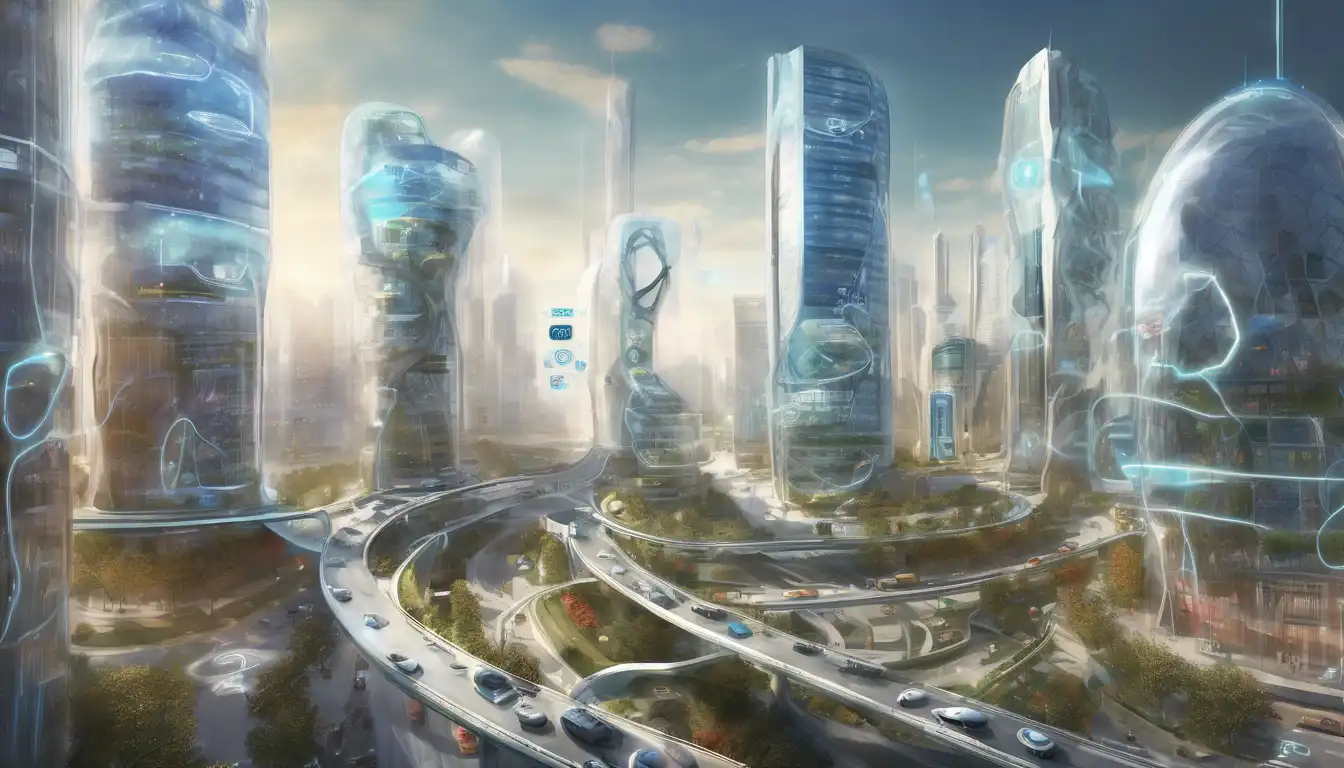The Next Generation of IoT in Urban Smart Cities
The Internet of Things (IoT) is revolutionizing the way we live, work, and interact with our urban environments. As cities around the globe strive to become smarter, the role of IoT in urban development has never been more critical. This article delves into the future of IoT in smart cities, exploring its potential to transform urban living into a more efficient, sustainable, and connected experience.
Understanding IoT in the Context of Smart Cities
At its core, IoT refers to the network of physical devices connected to the internet, collecting and sharing data. In smart cities, this technology is leveraged to improve infrastructure, public services, and quality of life. From traffic management systems that reduce congestion to smart grids that optimize energy use, IoT is at the heart of urban innovation.
Key Areas Where IoT is Making an Impact
- Transportation: IoT enables real-time traffic monitoring, smart parking solutions, and autonomous vehicles, making urban mobility more efficient.
- Energy Management: Smart grids and IoT devices help in monitoring and reducing energy consumption, leading to greener cities.
- Public Safety: Through surveillance cameras and sensors, IoT enhances security and emergency response times.
- Waste Management: Smart bins and waste collection systems optimize recycling and reduce environmental impact.
The Future Potential of IoT in Smart Cities
Looking ahead, the integration of IoT in smart cities promises even greater advancements. Innovations such as AI-powered analytics and 5G connectivity will further enhance the capabilities of IoT devices, enabling more sophisticated solutions to urban challenges. The potential for IoT to improve sustainability, reduce costs, and enhance the quality of urban life is immense.
Challenges and Considerations
Despite its benefits, the widespread adoption of IoT in smart cities faces hurdles. Issues such as data privacy, security vulnerabilities, and the digital divide must be addressed to ensure equitable and secure implementation. Moreover, the success of IoT in urban environments depends on collaboration between governments, technology providers, and citizens.
Conclusion
The future of IoT in smart cities is bright, with the technology set to play a pivotal role in shaping sustainable, efficient, and livable urban spaces. As we move forward, it is crucial to navigate the challenges thoughtfully, ensuring that the benefits of IoT are accessible to all. The journey towards smarter cities is just beginning, and IoT is leading the way.
For more insights into how technology is transforming urban living, explore our articles on urban development and sustainable technology.
